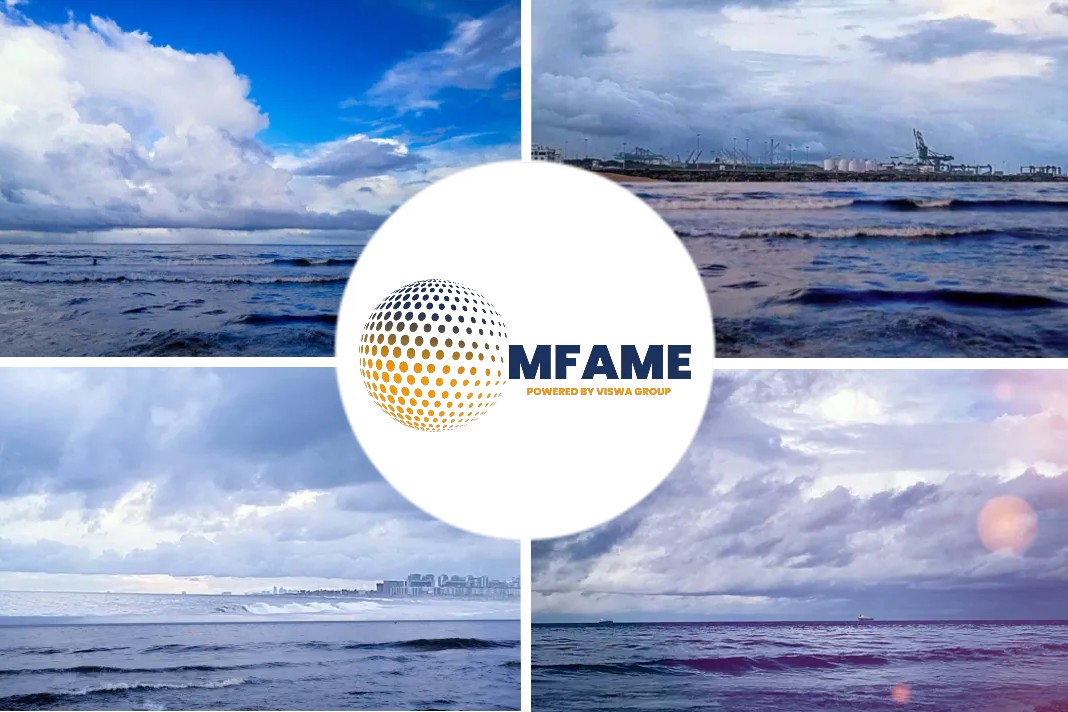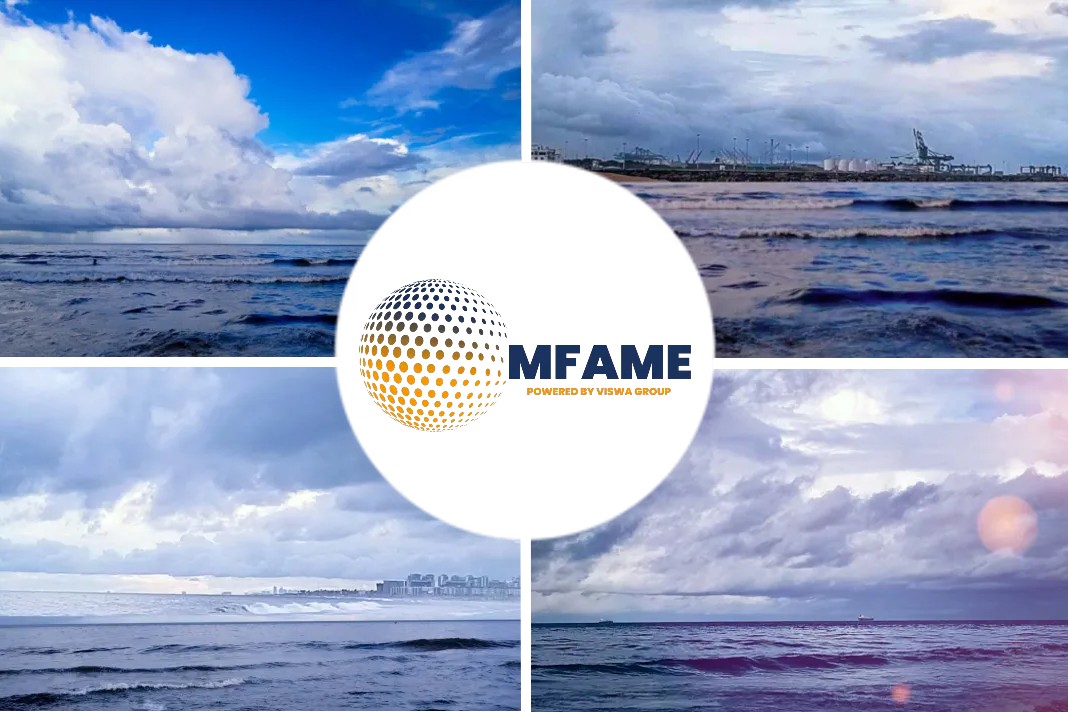 From ship owners and operators to ports and logistics service providers, the need for data sharing is essential to navigate the ever-increasing demands placed on the maritime industry, writes Paul Gunton for an article published in ShipInSight.
From ship owners and operators to ports and logistics service providers, the need for data sharing is essential to navigate the ever-increasing demands placed on the maritime industry, writes Paul Gunton for an article published in ShipInSight.
Problems due to inefficient data
A study conducted in 2017 titled “Competitive Gain in the Ocean Supply Chain: Innovation That’s Driving Maritime Operational Transformation,” found that the maritime industry was suffering “costly inefficiencies” due to ineffective data sharing and poor cross-industry collaboration.
Benefits of collaborating
The collaboration of data exchange can help ship owners and operators work on their bottom line and create a safer and cleaner industry.
Recently, more stakeholders have begun to embrace it through the adoption of new technology models and processes.
The issues faced
Unfortunately it still could be years before cross-collaboration is fully embraced. Various challenges still need to be solved, such as:
- Managing costs
- Misaligned priorities
- Fear of losing out to the competition
But as we move toward an increasingly stricter regulatory environment, the sense of urgency has become greater than ever before.
The beginning of data sharing
One of the earliest moves into maritime data sharing came in 2007 when Dimitris Lekas founded MarineTraffic. It started as an open, community-based project that provided real-time ship positional data, along with other key vessel information.
Lekas recognized the value that automatic identification system (AIS) data – which uses transponders on ships to chart their location – could have for the entire industry. He relied on crowdsourcing to disseminate the information to as wide an audience as possible.
Accepting the new idea
At the time, Lekas was considered a disruptor. Many could not see the benefit of sharing information for fear it would impede competition. Plus, change is difficult for some.
Lekas knew early on what many in the maritime industry were just starting to realize that data can help all shipowners make informed and intelligent decisions that benefit their bottom line.
Data sharing today
More than a decade later, MarineTraffic continues to utilize publicly available information and collaboration among those who report the data, to help make the maritime industry more efficient, transparent and compliant.
Many other industries have long since embraced collaboration and created cross-industry partnerships. For example, Ford is working with the Volkswagen Group on the creation of autonomous vehicles, while some of the country’s biggest banks are collaborating with Zelle, rather than create their own peer-to-peer payment network.
Helping the maritime industry to make smart decisions about environmental compliance is why we developed Ocean Guardian. It provides up-to-date, verified and vetted global environmental regulatory information for fleet operations and voyage planning purposes.
About Ocean Guardian
Launched in 2017, Ocean Guardian was developed as an extension of Total Marine Solutions’ commitment to provide the shipping industry with state-of-the-art solutions that help them operate efficiently and effectively, and to be responsible stewards of the environment.
Today, the database has more than 4,100 active and deployed regulations, covering more than 300 countries and territories and 53 special areas and information on more than 2500 ports worldwide.
Data available for all
Although the environmental regulatory data provided via Ocean Guardian’s platform is not privately owned and is publicly available, compiling it into one easily accessible paperless database, along with its ease of application interface, is what makes it an invaluable tool.
Compiling that data has been a collaborative effort. Like Lekas, we use several different feeds of publicly available information – collected from our research and data team, as well as crowds sourced from ports and port authorities worldwide.
It is our goal to not only present reliable, verified and vetted data for industry use, but to allow companies to use that data in the way that suits them.
Flexibility of the Ocean Guardian
Ocean Guardian is built on a customizable application program interface (API) to be configurable and customizable by the end user. It can be integrated with a ship’s existing systems or be used as a stand-alone offering.
The rules portal is also customizable to allow a user to input a company or vessel’s specific guidance, rules or regulations. The goal is to make the industry more efficient and compliant.
Allowing for wider access and use eliminates barriers and increases flexibility allowing the data collected to be used in a way that best suits a client’s needs. It also streamlines operations by bringing voyage planning and environmental operations together to enhance workflow efficiencies, no matter the existing system a client is using.
The future led by data collaboration
The industry has been clear that data collaboration is the way of the future. Through the tool our clients have notified our team and thus the greater industry about different interpretations of regulatory documents between ports, shared best practices about compliance in critical areas or ports, terminal discharge facilities, and more. These insights are invaluable not only to the users, but also to the industry as a whole.
Beating the environmental concerns
The challenges and the threats encountered towards our environment are too great to tackle in a vacuum. When competitors work together, they are better able to solve challenges and prepare for the future.
It is important that relevant stakeholders must develop a culture of collaboration in order to create sustainability. Companies must step forward and invest in new technologies and build the future together. A culture of collaboration and sustainability can result in developing best practices that benefit not only the industry, but the future of oceans.
Did you subscribe to our daily newsletter?
It’s Free! Click here to Subscribe!
Source: ShipInSight














